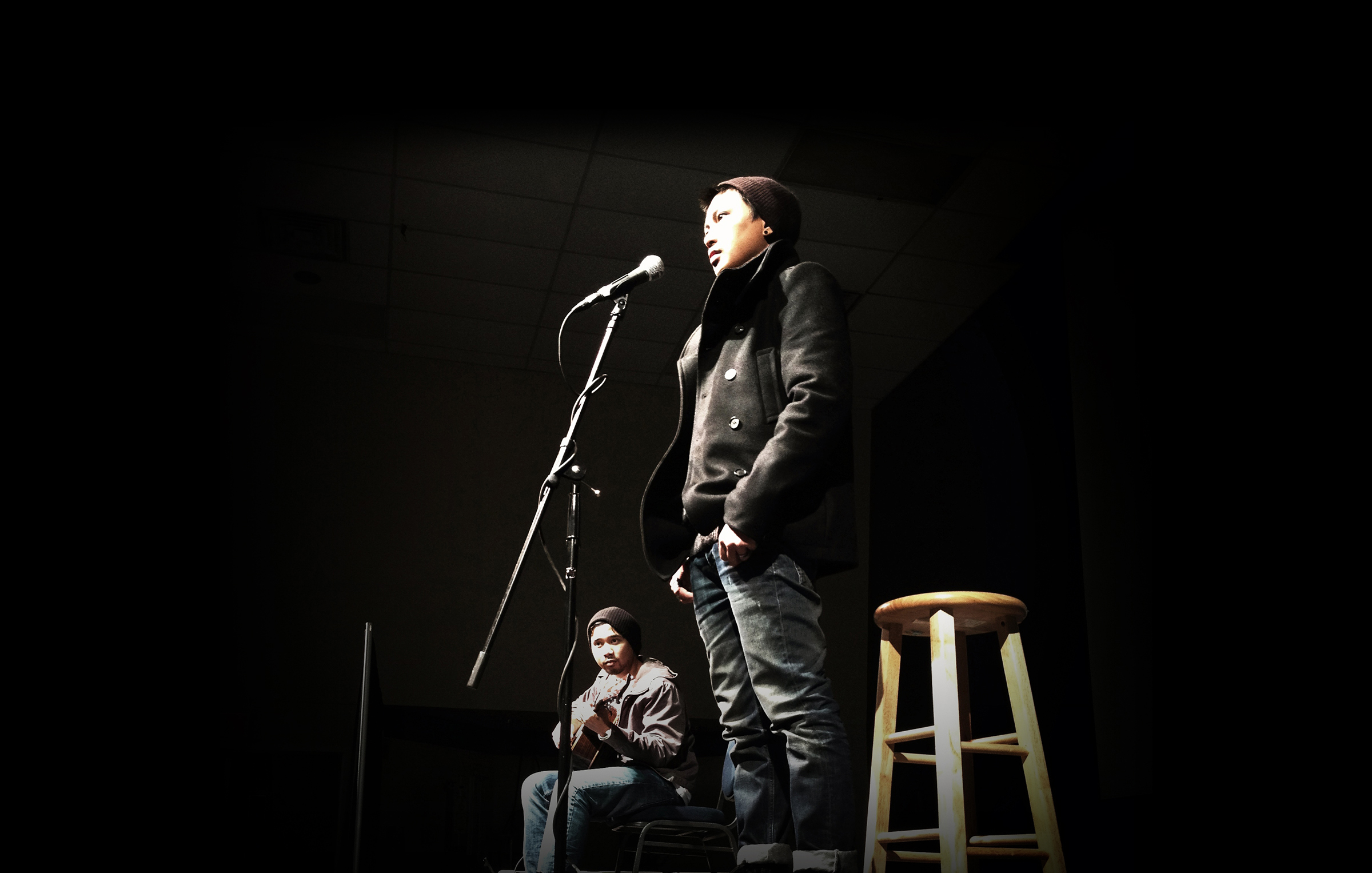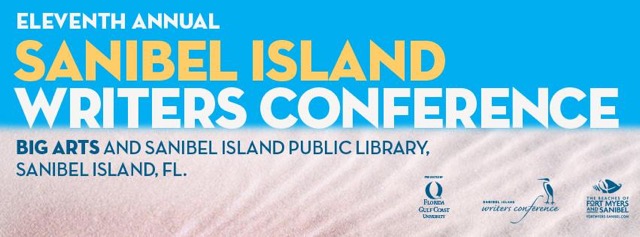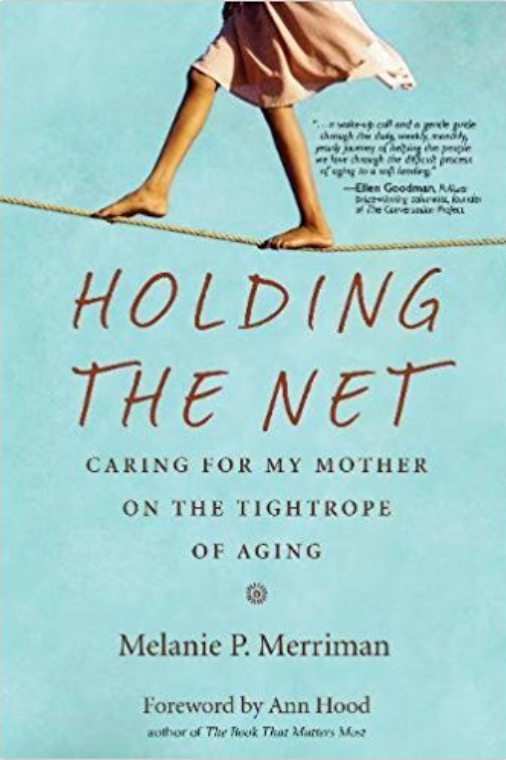ANDREA: So, element number 1 is the actual story, the words?
ASIA: Words, yeh. It’s the writing and the words and everything the imagery all have to be, you know, sharp. You can perform the hell out of a horrible poem and it still will be a horrible poem. Or you can perform an amazingly written poem horribly, and it will still sound pretty good, right?
All my poems always start with sound and tone for me. Like, ok I'm gonna write about my sister's death... How did I want that to sound like? Right? Or, I'm gonna write about my love, my love for Jess.. And the angle I'm gonna come at it, with how do I want that to sound like first? So a lot of times in my head I already know how it's going to sound like. I may not have the words, but I know how it's going to sound like. Part two is, what's the take-away, for me? What's the message I'm giving out here?
ANDREA: When you say that you know how it's gonna sound, does that mean that you know how it's gonna sound in terms of a song?
ASIA: Sound as in...yeah, see...So, you may not listen to a lot of spoken-word poetry, I mean at least as much as I have, right? You start to notice poets have a certain sound to their poems. Now, a lot of poets pretty much are one-trick. Right, like no matter what poem they talk about, it's going to sound....Whether they talk about sex, whether they're talking about violence, whether they're talking about death, it all sounds the same... It's just different words.
So for me... there's a certain, like if you think songs to ya. I mean you can look at it in the way of songs, some songs have just put you in a mood, right. So, I always know the sound of it, the tone of it, right. I don't know the exact sound. I don't know the, the chords, or the melody, I don't even know the words. I just know I want it to sound reflective, or I want it to sound mundane, or I want it to sound, you know, intimate and vulnerable. Or I want it to sound hilarious and upbeat. That's how I already know, the tone of it, where it's gonna be.
ANDREA: So you go for a mood in a way. You go for a sound, a mood and a sound.
ASIA: Mood and sound yeah. So I go for the mood. I also like to call it "tone." More so than anything, 'cause there's a tone to it. There's a feeling behind it. And then from there, I know, I have to figure out, ok, but what's the message, what's the take-away, what do I want to say in this poem? And sometimes I may not even know that. Sometimes the poem will reveal that. I've had situations where I've written poems that I had no idea what I'm saying here, and then all of a sudden it just reveals itself as I'm writing it.
ANDREA: That's the process of editing... exactly…right, so you're in the same place, but you start with the mood or the sound, you say tone, and then you start writing and then sometimes you figure it out as you go...cool. That's art, man.
ASIA: Yeah, and you know, most times I know the beginning and the end. That, for sure, I usually always know, and then I fill in the middle. Like, I get from point A to point B. I do, I know where I'm gonna begin, I know where I'm gonna end. Usually that happens because I have a line pop in my head. So, the funny thing is you caught it. You were the one that liked it. When we did the last poem. The Desks are not bullet-proof poem, the line about my son was the first thing that popped up to me. That was the first thing that inspired that poem.
ANDREA: The faking sleep moment?
ASIA: Yeah. Like I walked in on my son yeah, faking sleep. Yeah because the night, a couple of nights before that, I went...the funny story about this poem, and I wanna go, I wanna talk about this because we're discussing the writing and the stuff....
So..the poem started when I was putting my son to bed and, uh, he was in the room and I was like, oh let me go into my room, do whatever I have to do and I'll go back and check in on him. And I can still hear him playing, and I'm like, ok I need to go in there and tell him he needs to go to sleep. So I walk in there...He's four. So, he's in the room and you know I can hear him still talking. I can hear him laying down and kind of playing and talking, so I'm like, let me go in there, because I've told him it's time to go to bed. So I go in there and, now he's lying down. And I look and, his eyes were closed but his eyes were closed in a way that you could tell he's forcing them closed? You know what I mean?
He's not a good enough liar to try to....and I was like, about to call him out on it, and I started thinking like, what if, you know...for some reason that just connected me to the schools shooting. It just connected me to all this stuff, like, I wonder if kids are pretending to do the same thing, uh, when there's a gun man coming into the room. So that moment right there, that intimate moment sparked the poem. But now, I didn't write the poem yet, because in my head I'm like, ah....
There's this thing about, this unwritten...like, rule with poets to never write the hot topic poem, right? Because you know in a couple of months everyone will have that same hot topic poem. Right? If someone writes about Black Lives Matter, you can pretty much guarantee in about two months everyone will have a Black Lives Matter poem. If someone's gonna write about school shooting, in a couple of months everybody's gonna have a poem of school shootings. And if you look at all my work I never have any hot-topic poem, I would rather have poems that are timeless. I would rather have poems that are gonna be relevant no matter what. I don't wanna write the one poem that everyone's writing about right now.
ASIA: Um, but then one day I was driving home....
ANDREA: But I'm really glad you did write this one. And even right now when you just described your son in bed with his eyes squeezed shut in this obvious way, I got chills. Because of where it took you....
ASIA: Yeah. And so on my drive, I had a three-hour drive home from Tallahassee, and as I'm driving home words just started spilling out of my mouth for this poem. Right? That never happens to me. Ever. Usually it's me sitting down, it's a process, it's scratching out things, and erasing and adding and editing and kind of molding. For some reason on this one from beginning to end it just started coming out of my mouth, which is something that just doesn't' happen to me.
ANDREA: Did you record it? Because you were driving. Like, how did you capture it?
ASIA: No, so I pulled off onto a rest area, pulled up my laptop and just started driving. And I was there for maybe 45 minutes. And I had the whole poem pretty much written out. And then I just went home and did the editing.
ANDREA: Now all our listeners are gonna hate you, but that's ok.
ASIA: No! But that never happens to me. That doesn't. It's one of those.... I came home and cleaned it up and then it was done.


















